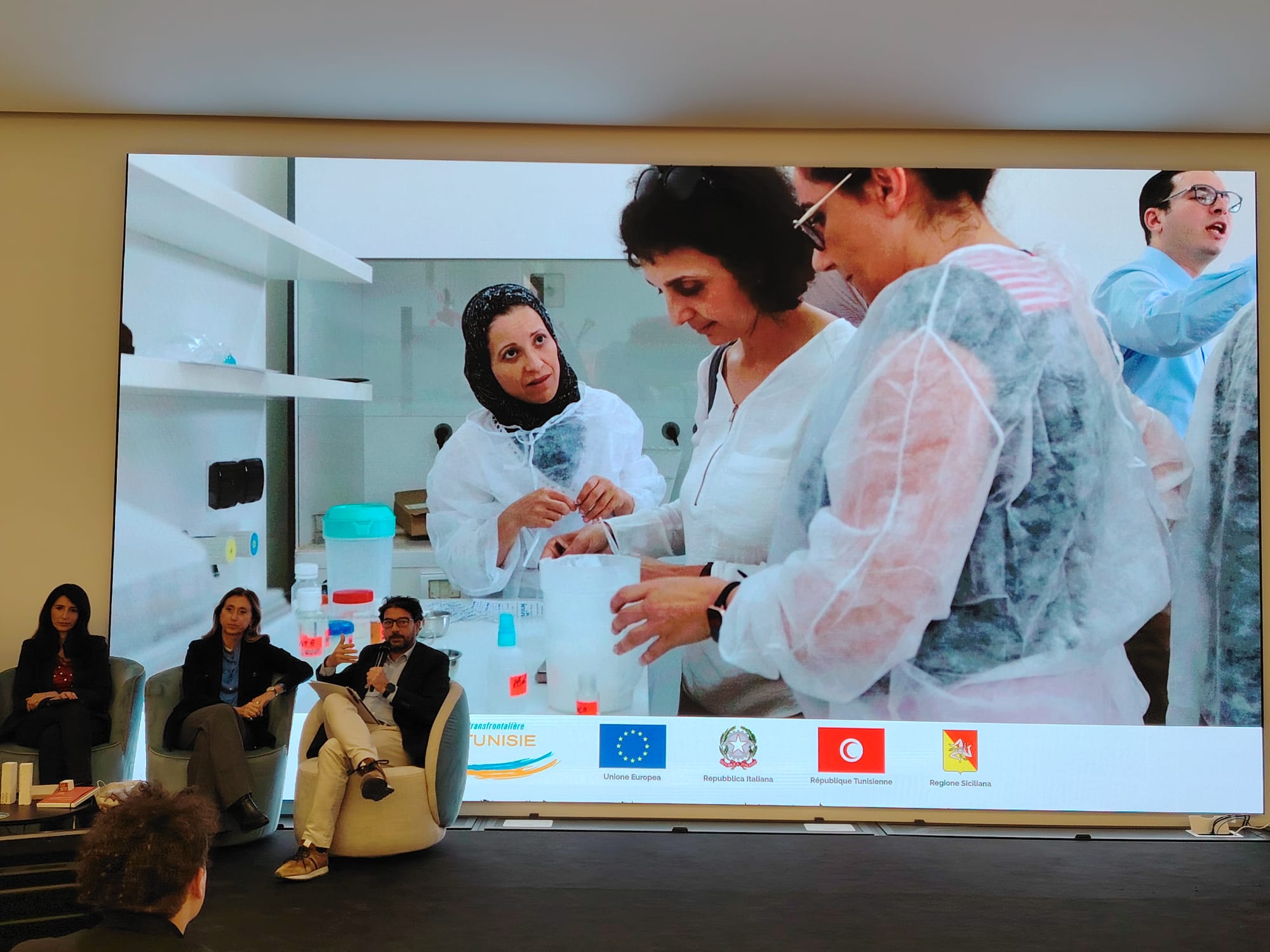The Italy - Tunisia cooperation Programme 2014-2020 closure event, which took place on 12 December in Palermo, highlighted the impact of EU funded projects and their impact on territories and communities.
From hop crop biofertilisers to archaeological excavations: how Italy and Tunisia hooked success across maritime borders!
- 13 December 2024

On December 12, the Sicily Region hosted the closing event of the Italy-Tunisia cross-border cooperation Programme 2014-2020 in Palermo. It was the proud showcase of the positive impact brought to the territories of the two countries by the EU cofinanced projects.
The gathering brought together programme and project representatives to showcase successes, highlight key achievements, and emphasize the lasting impact of activities aimed at enhancing people's lives.
A total of 27 projects - co-financed with 30 million EUR by the European Neighbourhood Instrument - have been implemented by Italian and Tunisian beneficiaries to contribute to the development of small and medium size enterprises, the improvement of research and innovation, and the adaptation to climate change in both countries.
The projects have supported a variety of initiatives, including the development of a new economic framework for fish and seafood trade, innovative methods for retrieving marine litter, and the testing of an irrigation system aimed at optimizing water usage. They also facilitated the creation of a mobile ecological station to promote circular economy practices, as well as the enhancement of cross-border cultural exchange, such as the production of collaborative artistic performances.
While highlighting the achievements of the 2014-2020 programming period, the event stressed the links with the current one. “The transition from the European Neighbourhood Instrument (ENI) to the Interreg NEXT model has fostered a more strategic and targeted approach, with a greater emphasis on a limited number of strategic objectives, such as the environment. It includes a well-defined intervention logic, strengthened results and performance framework”, stated Moray Gilland, Head of Unit for Macro-regions, Transnational, Interregional, External Cooperation, Enlargement at REGIO.
